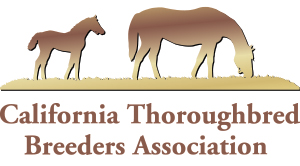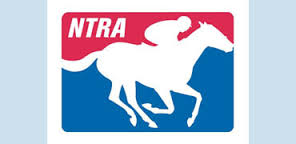By Bloodhorse.com
WASHINGTON, D.C. (Apr. 1, 2020) — A tax expert encouraged the many horse racing industry businesses, farms, small businesses, nonprofits, and self-employed people affected by the COVID-19 pandemic and economic shutdown that followed to apply for aid packages and loans made available by the federal government.
During an 80-minute interactive teleconference April 1 organized by the National Thoroughbred Racing Association, Dean Dorton director of tax services and equine team leader Jen Shah offered advice on getting the most out of recent federal legislation, including the $2 trillion CARES Act. The conference attracted interest from more than 500 people in the industry.
Though many people will consult with their own advisers first, Shah encouraged them to take action before some of the programs dry up.
“I’m encouraging people who think they may qualify to apply, sooner rather than later, for these provisions,” Shah said.
Significant aid for businesses and the self-employed is being made through United States Small Business Administration Loans through the CARES Act and two bills passed in March.
Shah noted there are important differences in the loan programs and that businesses and individuals should research the best fit for their circumstances. The NTRA will post a full transcript of the Q&A session, and Shah said she also can provide updates on the biggest issues of concern. The NTRA is maintaining a special website on COVID-19.
Some of the loans are not available for racetracks—businesses that generate a third or more of their revenues from gambling are restricted. Farms also are not eligible for some of the available loans. Greg Means, the chief financial officer for The Alpine Group, a lobbyist for the horse racing industry, said they’re working to clarify these issues and open up eligibility. He noted the bills were put together fairly quickly and include potentially outdated language.
“We would like to eliminate any kind of restrictions to differentiate the 2020 economy from years ago,” Means said. Shah emphasized that the potential restrictions for gambling or racetrack operations would not apply to people or businesses that work in that industry. For instance, a self-employed veterinarian or trainer who works at a track would not face restrictions. Purse money also would not count for horse owners looking for assistance.
Beyond that, Means and NTRA president and CEO Alex Waldrop noted that a fourth piece of legislation is on the horizon that figures to address industries specifically affected by COVID-19 and the economic crisis. Waldrop said House Speaker Nancy Pelosi has expressed interest in such a bill and President Donald Trump has indicated his support. Waldrop said there has been some pushback from lawmakers who want to see how the initial legislation fares.
The three pieces of legislation are:
• The Coronavirus Preparedness Response and Supplemental Appropriations Act allows $1 billion in loan subsidies to be made available to help small businesses, small agricultural cooperatives, and nonprofit organizations that have been affected by financial losses as a result of the coronavirus.
• The Families First Coronavirus Response Act protects public health workers and provides important benefits to children and families for those affected by the coronavirus. Protections for the employers of affected workers are included in the legislation in the form of tax credits to offset the costs of providing emergency sick leave.
The Coronavirus Aid, Relief, and Economic Security Act or CARES Act is an emergency relief package valued at $2 trillion. The bill provides direct payments to many Americans, including individuals and couples; $153 billion to hospitals whose resources are stretched to the brink and beyond in their battle to combat the coronavirus; $500 billion for corporations; $377 billion for small businesses; $340 billion for local and state governments; and billions of dollars in extended unemployment benefits for furloughed workers.


